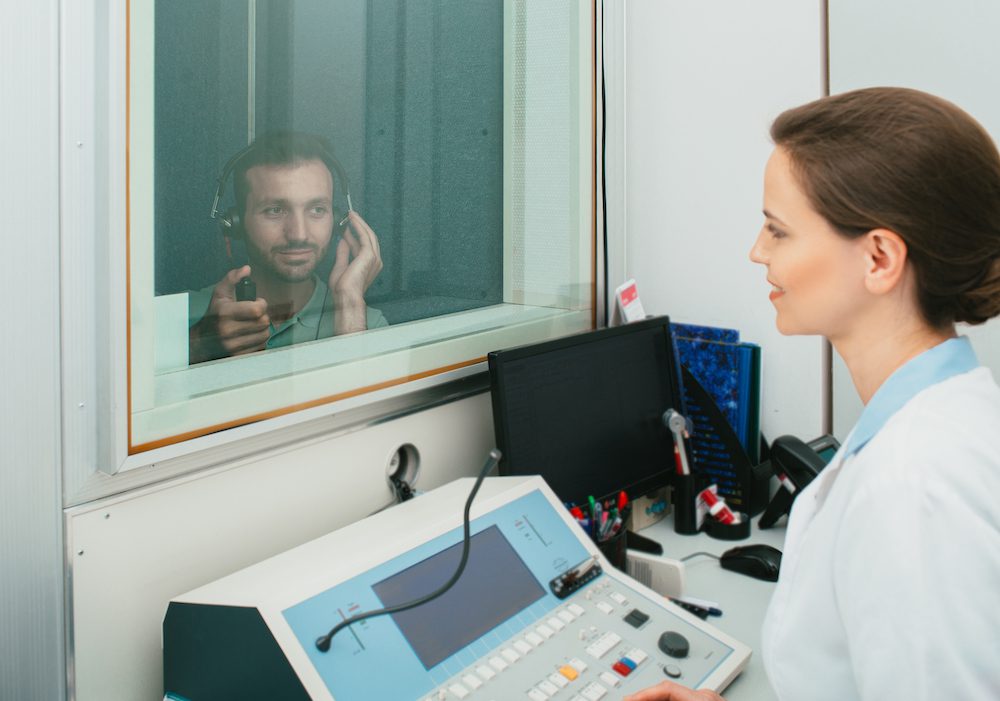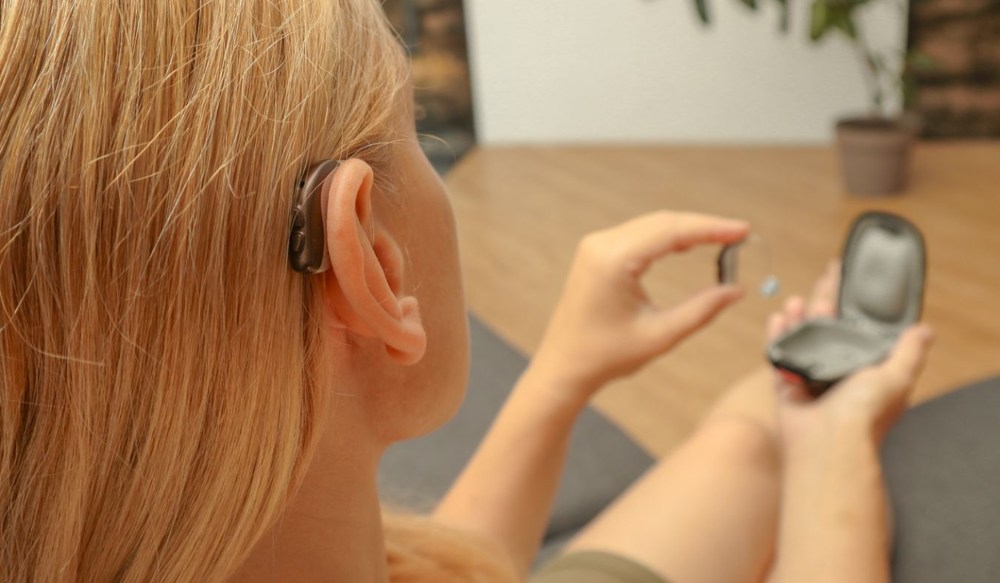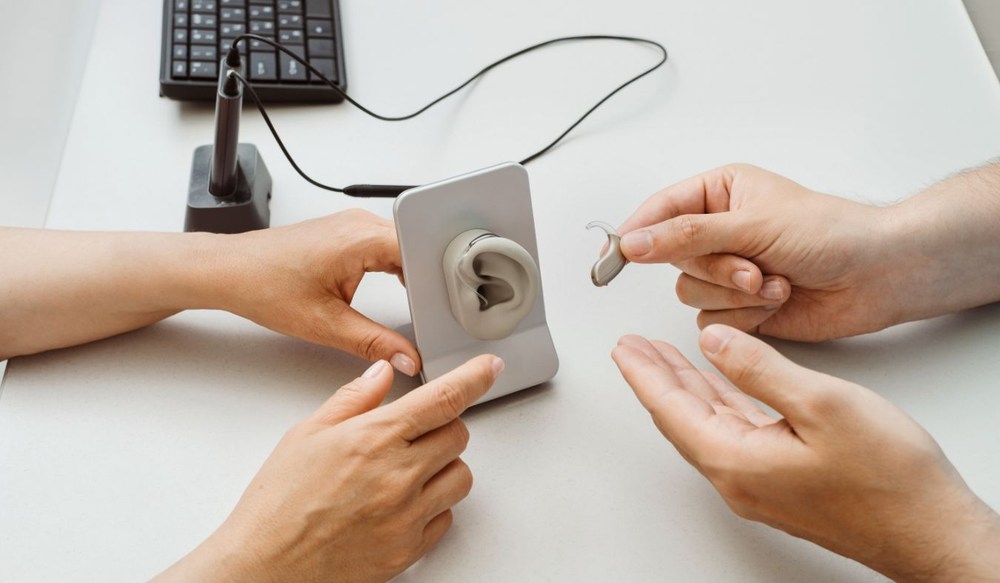Innovations in Hearing Aid Materials and Design
When our hearing begins to decline, we start to see impacts trickle into

Your first audiology appointment can be a daunting prospect, but most of those fears stem from a sense of unfamiliarity. By familiarizing yourself with what to expect from your first trip to the audiologist, you should find that most of those concerns fade away.
Here’s all you need to know about what will happen during your visit, as well as the next steps required by your audiologist.
One of the first questions that most people ask about their upcoming hearing test relates to the duration. While there is no exact science to this (after all, everyone has different hearing profiles and will require different types of examination), but the vast majority of sessions last between 60 and 90 minutes.
This gives your audiologist to conduct the necessary examinations as well as discuss your concerns and results. As long as you give yourself a two-hour window for the appointment, you should be just fine.
Before the examinations can start, the audiologist will probably wish to discuss your medical background as well as your family history, especially if there is known hearing loss that runs through the family.
In addition to knowing about your hearing health history, including issues such as whether you experience infections, the audiologist may ask about any medications that you are currently taking for any other illnesses. It isn’t uncommon for temporary hearing loss to be attributed to side effects caused by treatments.
The hearing test itself will have already started with the conversation as the audiologist will already be analyzing your hearing and whether you rely on lip reading and body language. However, before sending you to a booth, there will be several physical examinations.
Using an otoscope, the audiologist will inspect the ear canal. This can be used to identify abnormalities, blockages, and infections as well as damage to the hair cells. Meanwhile, tympanometry will be used to test the middle ear’s response. The physical examination can also look for abnormalities with the outer ear, particularly those that may affect your hearing.
Lost hearing can be caused by several issues while the severity can vary too. Therefore, the audiologist may use a variety of tests to check your hearing in a range of situations. This will include testing the volume of sound you can hear as well as the pitch,
A common test is to sit in a booth while wearing a headset. Sounds are played through the headset, and you will press a button when you hear a sound. By recording the data on a computer, the audiologist can plot a graph to identify the highest pitch you can detect as well as the volumes that you detect. This information is used to establish a treatment plan.
While the hearing test is primarily used to detect hearing loss, the audiologist will be an expert in a number of related areas. This can include tinnitus, dizziness, vertigo and balance-related issues, and the concept of ear defense and protection.
The audiologist might not need to examine all of those issues because it might not be deemed necessary. Nonetheless, if you have concerns about any of those items, it’s worth mentioning them. Likewise, you should be prepared to be tested or discuss those items during your audiology appointment. Just think of it as a comprehensive hearing health check.
The audiologist appointment will give you a lot of answers, but you will probably need another appointment to get the support needed to improve your daily life. If you have been diagnosed with hearing loss, it’s likely that the next steps will revolve around finding the right hearing aid while also booking a hearing aid fitting.
With so many options on the market for different severities of hearing loss, it’s imperative that you allow the audiologist to help you through this task. The audiologist will also use the second visit to discuss maintenance and storage. If your hearing is fine, you’ll be advised on how long to leave it before booing the next hearing test.
Book your hearing test today
Now that you know what to expect from your appointment with the audiologist, the next step is to book yours with Pittsburgh Ear Associates by calling 412-321-2480 today.

When our hearing begins to decline, we start to see impacts trickle into

When you can hear clearly, you can live fully. It’s about more than

Hearing health is often seen as separate from other aspects of our